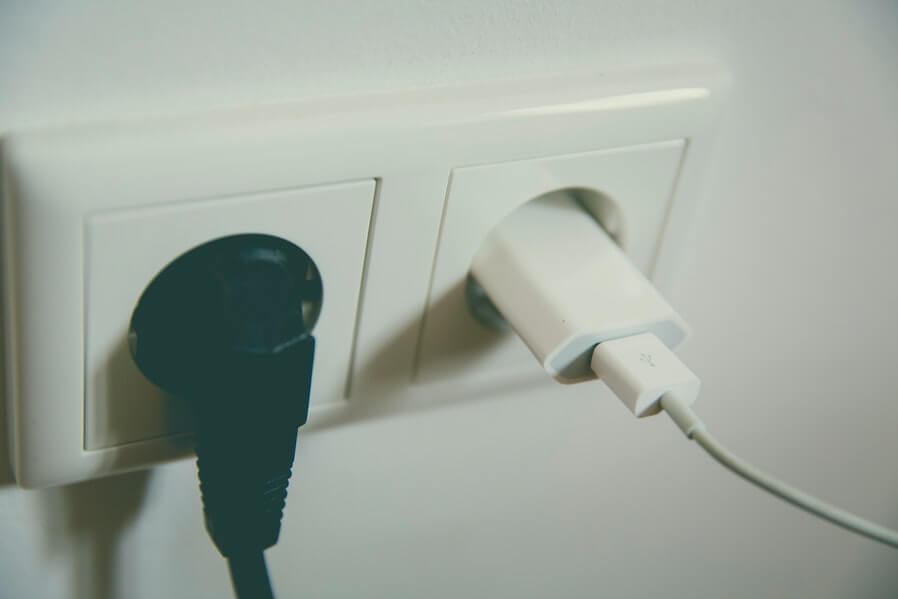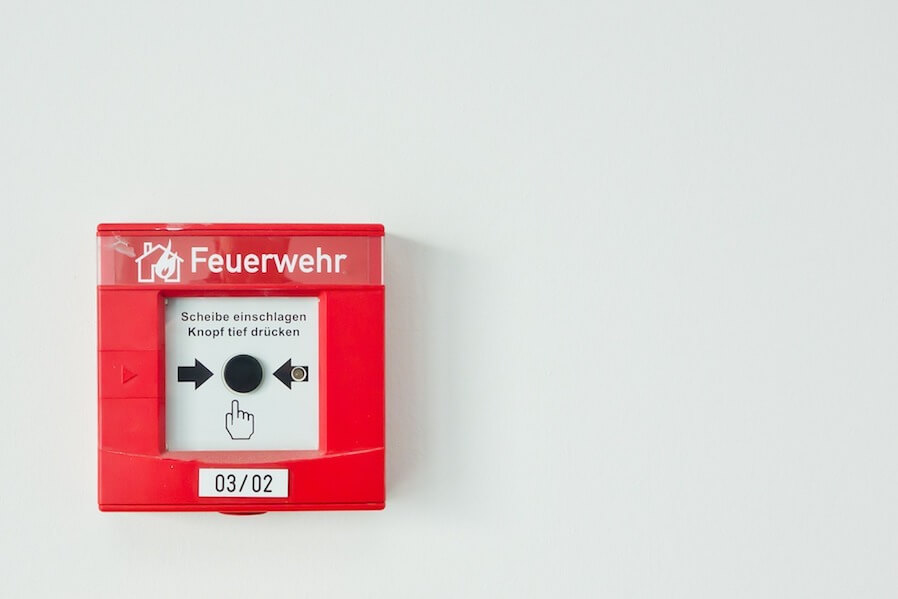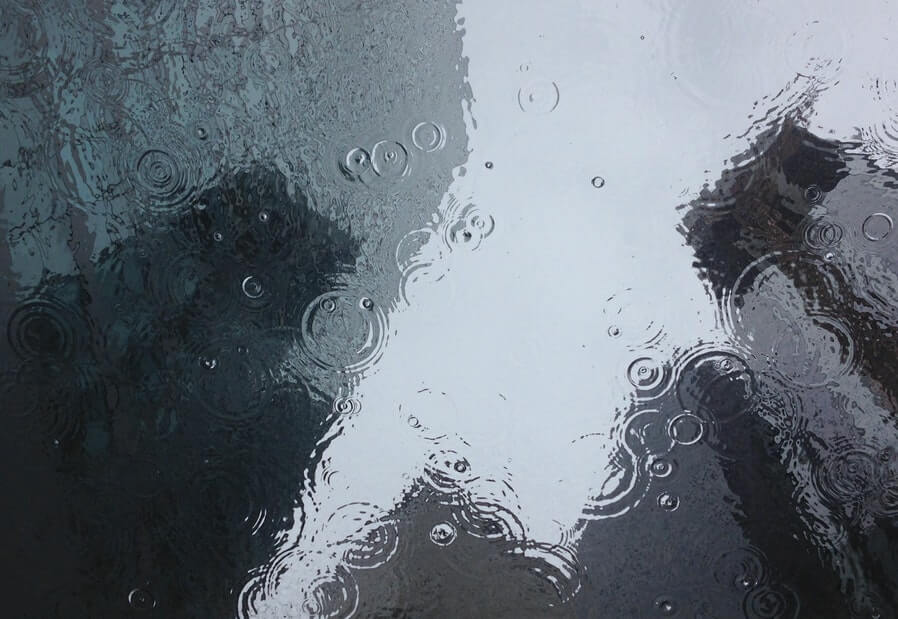We are in a country that has a noticeable record of destructive typhoons, earthquakes, volcanic eruptions, and other natural calamities. These have brought serious loss and damage to life and property. Natural disasters may strike anytime, that’s why it’s important to practice preparedness at all costs.
Consider condo living to ensure your peace of mind. DMCI Homes residential buildings are of top engineering design, and made of high-quality materials, and have followed national building codes set by Philippine standard laws. The common areas are equipped with surveillance cameras, alarms, fire extinguishers, and other security equipment. You can rest assured that you and your loved ones are safe inside your resort-style community.
Nonetheless, it’s best to boost the safety of your family in your condo home with these tips.
Install double-pane windows or shutters

The maintenance of the buildings and common areas is a collective responsibility of the unit owners through the condo admin. The association dues and other fees collected from each unit owner are used to fund the maintenance. The upkeep of your condo space is no one’s responsibility but your own.
One advantage of a condo home is that there’s no roof to repair or replace. Check your windows instead. Double-pane windows can help protect against damage. It can withstand shattering better than single-pane windows. This window treatment can also help keep your home comfortable. It is designed with two panes and air trapped between. The air forms a barrier against intense heat and cold. Another tip is to install permanent storm shutters to protect the windows from shattering during strong typhoons.
Have a professional inspect the electrical system

Electrical system checks must be done as often as possible. Immediately call a professional to inspect tripping breakers, blowing fuses or if there are sizzling sound or burning odor from lights. The circuits must be properly grounded and frayed wires should be replaced. All plugs must securely fit in the socket.
Teach family members condo safety measures to avoid shocks and fires. It’s important to unplug extension cords after use to prevent any fire hazard. Plugs and cords must never be placed near heat sources nor should these run under rugs.
Invest in top-grade indoor camera
What happens if you’re out-of-town and disaster strikes? Thanks to innovations in home security system, you can keep an eye on your home anytime, from anywhere. New models of security cameras don’t simply capture and record footage. These can now send live feeds to your device of choice for an immediate emergency response.
Visit your nearest home depot or electronics store for an indoor camera that has pan and tilt features, a wide field of view, and night vision. The latest models include a mic and speaker for 2-way talkback and an app where you can access real-time video feeds.
Protect your home from fire and other man-made disasters

Not all calamities are unforeseeable events. For instance, typhoons can be detected and monitored to help people prepare for its onslaught. You can help prevent or at least minimize the effect of a natural or man-made disaster by installing security equipment. Also, make sure to conduct regular fire prevention and other disaster prevention check up in your condo to protect not only your family but your neighbors as well.
DMCI condo units include a fire alarm and sprinkler system. You can ask the maintenance staff to check on these regularly to make sure they are functional at all times. Consider installing a carbon monoxide detector (CO) that include a smoke detector. Carbon monoxide is fatal and its presence is tough to detect.
Check for leakage regularly
Checking your home for needed repairs and replacements should be a regular task. Remember that oversight can cost you a lot. The flooding outside isn’t your only concern. You should also check your home for risk of leakage that might cause flooding inside your space, destroy furniture and appliances, and increase your bill.
Know whether the hot water tank isn’t leaking by checking the pressure relief valve. If you hear a hissing sound, it may be leaking. You can easily check leaks in the toilet by removing the top of the tank and listening for any hissing sound. You may also add food coloring in the tank, and if the coloring reaches the bowl, it’s likely the flapper isn’t working. Call a plumber if necessary.
Keep emergency hotlines

Any safety measure during a catastrophe requires the presence of mind. Teach family members on what to do when a threat is confirmed. It’s advisable to organize a drill for everyone and simulate evacuation plans in the event of disasters. Even your young children should know the location of the emergency exit.
Keep important contact numbers in your phones. You should also have a directory of hotlines in an easy-to-spot area like on the fridge door or a work desk. These numbers include each family member’s mobile or landline numbers, the condo’s hotline, and police and fire department hotlines.
Stock up on meds and food

The fixtures in your condo home are not the only areas of your concern in preparing for disasters. Make sure you have sufficient supply of first-aid essentials, food, and batteries. Every home must have over-the-counter meds such as paracetamol, antihistamines, aspirins, antibiotics, and aspirin. A cough and colds are common during the rainy season.
Power interruptions are inevitable during natural calamities. Stock up energy bars, bread, veggies and fruits and others that don’t require cooking. An emergency light is a must-have for every household. This is safer than candles.
Stay updated and stay indoors

Family safety comes first. Stay indoors during and right after a natural disaster. Don’t leave the house unless absolutely necessary.
Keep abreast with updates from government agencies and news networks. Be ready for possible Internet connection problems during calamities. You should have a battery-operated radio for emergency purposes.
Natural and man-made disasters are facts of life. However, this doesn’t mean that you’re entirely powerless. Not all natural occurrences are unforeseeable. Keep yourself updated with weather news. You can prevent losses and damage from typhoons by prepping your condo home. Do regular inspection for needed repairs and replacements. Most importantly, teach family members safety measures before, during, and after calamities. As the saying goes, “an ounce of prevention is worth a pound of cure.”


